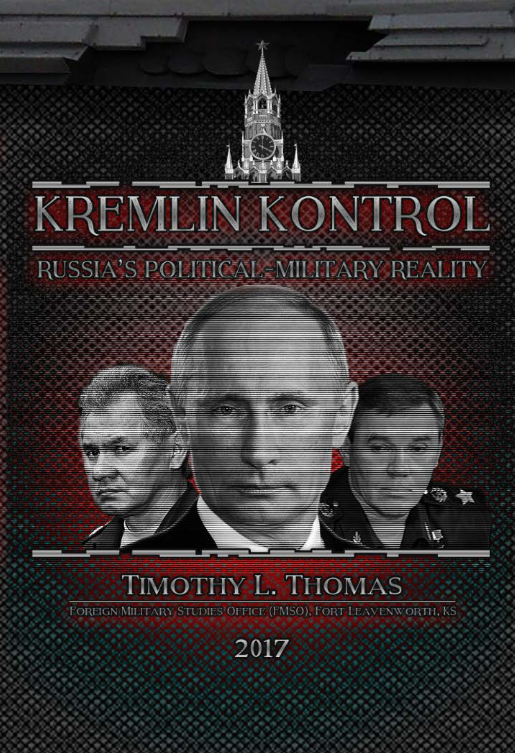(Click image to download book.)
Marking the anniversary of the Ukraine Revolution of 2014, the Army University Press is pleased to announce the publishing of “Cultural Perspectives, Geopolitics & Energy Security of Eurasia: Is the Next Global Conflict Imminent?” This anthology was written under the auspice of CREL Management Office (CRELMO), and provides insight and observations on the importance of the Eurasia region, including Russia and other countries of the former USSR. The articles that make up this work provide a detailed description of regional realities, including a contextual discussion of the current Ukraine situation, viewed through the prism of Russia’s traditional military-strategic culture. As with all countries in the Eurasian region, Russia’s traditional strategic interests play a critical role in the geopolitical and socio-cultural situation in that region. The observations and insights in this volume are important for Army professionals who lead Soldiers in a variety of missions across the globe. The anthology goes beyond the obvious military strategic nexus and seeks to identify new spaces for consideration by planners and policymakers alike. (From introduction by MG John S. Kem, Provost, Army University.) Click Here for Publication Site



